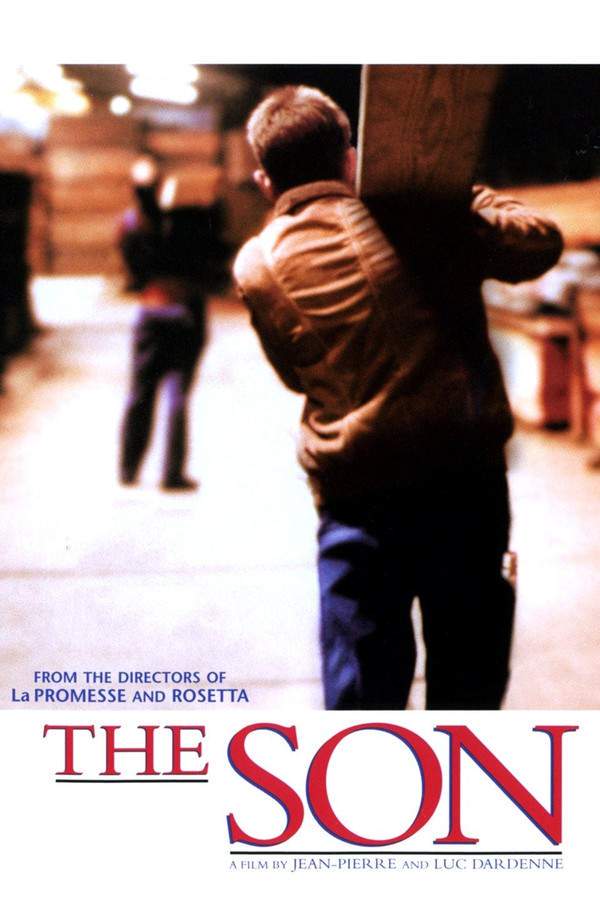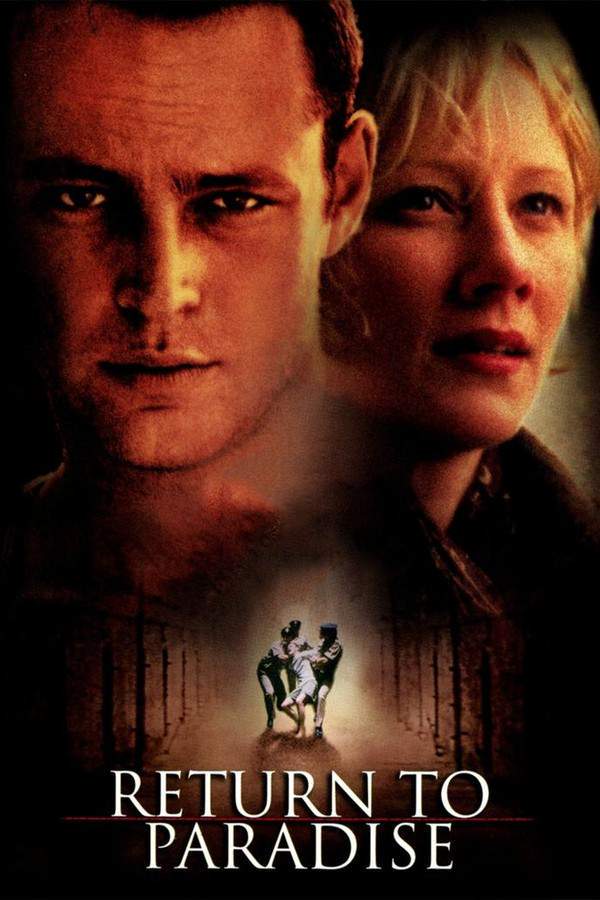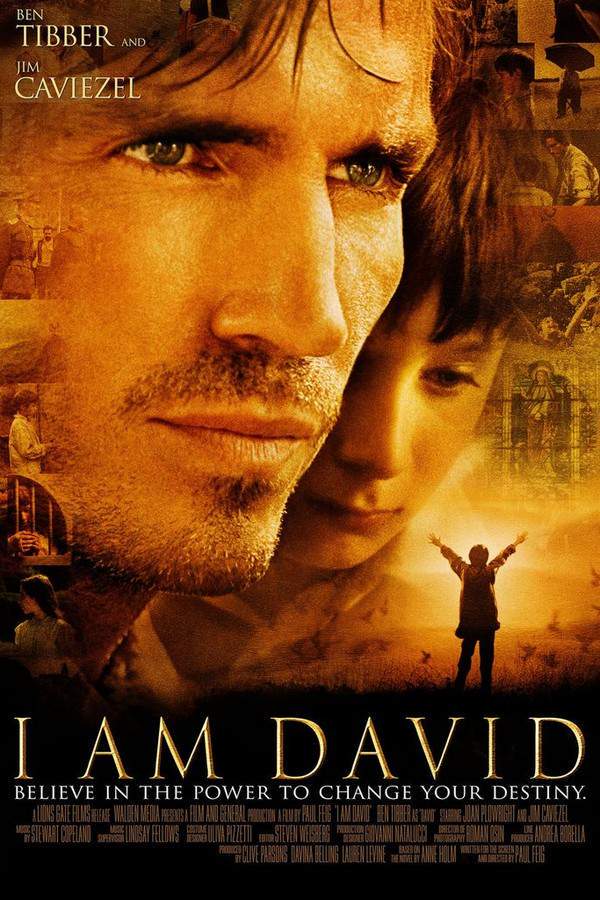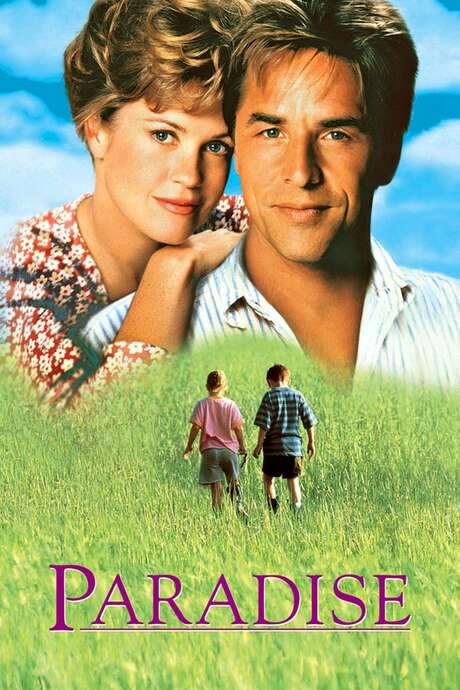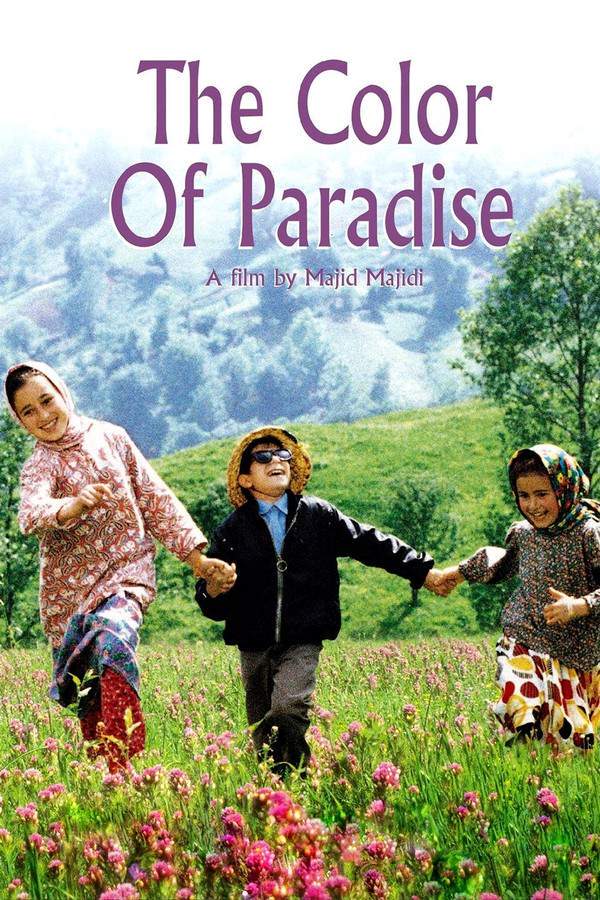
The Color of Paradise 2000
Directed by

Majid Majidi
Made by

Sony Pictures Classics
Test your knowledge of The Color of Paradise with our quiz!
The Color of Paradise Plot Summary
Read the complete plot summary and ending explained for The Color of Paradise (2000). From turning points to emotional moments, uncover what really happened and why it matters.
A blind boy named Mohammad experiences freedom as he is released from his special school in Tehran for the summer. His father, Hashem, who bears the weight of shame and burden stemming from Mohammad’s blindness, arrives late to pick him up. Despite his efforts to persuade the headmaster to allow Mohammad to stay for the summer, he is met with refusal and ultimately takes his son home.
As a widower, Hashem is intent on marrying a local woman. He approaches her parents, bearing gifts, and receives their approval. However, he tries to conceal his son’s blindness, fearing it would be seen as an ill omen by the woman’s family.
Meanwhile, Mohammad joyfully explores the hills surrounding his village with his sisters, engaging with nature around him. He possesses a remarkable ability to connect with the world using his other senses, as he touches and perceives nature’s rhythms and textures. When he attends local school with his sisters, he impresses both the students and the teacher by reading his Braille lessons.
To keep the truth about his son hidden, Hashem decides to send Mohammad away to be an apprentice under a blind carpenter. The carpenter begins to train him, but Mohammad’s heart is heavy with sorrow as he expresses his longing to see God. He voices his belief that God must not love him for granting him blindness, while also grappling with his teacher’s lesson that God cherishes blind children for who they are. His questions linger in the air—if God loves him more, why must he experience life without sight? He yearns to see God and believes that sensing God should be enough; the carpenter, perhaps moved by Mohammad’s sincerity, shares a silent understanding as he walks away.
As tragedy befalls the family, Mohammad’s grandmother is distraught upon learning of her grandson’s situation. Her emotional turmoil leaves her ill, and despite Hashem’s attempts to persuade her to stay, she departs, accidentally dropping Mohammad’s hairpin into a pond, an event that precipitates her swoon and subsequent death as Hashem rushes to her side. The bride’s family perceives this event as a dire omen, leading to the cancellation of the wedding.
With his hopes dashed, Hashem finally resolves to bring Mohammad back home. The narrative vividly reveals the embarrassment and pity Hashem feels for both himself and his son. Retrieving Mohammad from the carpenter, they journey home through the woods. As they attempt to cross a small wooden bridge over a rushing river, calamity strikes—the bridge collapses, sending Mohammad tumbling into the water. For a haunting moment, Hashem is paralyzed with shock, torn between saving his son and liberating himself from what he perceives as his “burden.” Yet, in a moment of clarity, he dives into the river to rescue him.
Regaining consciousness on the shore of the Caspian Sea, Hashem spots Mohammad lying motionless nearby. Desperate, he rushes to his son, cradling him in his arms while grief overtakes him. As he weeps and gazes towards the heavens, a woodpecker’s sound resonates, the sun breaks through the clouds, and in a miraculous moment, Mohammad’s fingers twitch. Perhaps he is “reading” the melody of the woodpecker with his fingertips, akin to Braille dots, or perhaps in his transition, he has finally made contact with the divine presence he yearned for all along.
The Color of Paradise Timeline
Follow the complete movie timeline of The Color of Paradise (2000) with every major event in chronological order. Great for understanding complex plots and story progression.
Mohammad's Release
A blind boy named Mohammad is released from his special school in Tehran for the summer. This newfound freedom marks the beginning of his exploration and connection with the world outside the confines of his institution.
Hashem's Arrival
Mohammad's father, Hashem, arrives late to pick him up, burdened by shame regarding his son's blindness. Despite his desire to keep his son safe, Hashem faces refusal from the headmaster when he tries to keep Mohammad for the summer.
Hashem's Proposal
As a widower, Hashem seeks to marry a local woman and seeks her parents' approval by presenting gifts. He feels the pressure to conceal Mohammad's disability, fearing it would jeopardize his chances of marrying.
Exploring Nature
Mohammad joyfully explores the hills surrounding his village with his sisters. He demonstrates an extraordinary ability to connect with nature through his other senses, feeling the rhythms and textures of his environment.
Impressive School Performance
At the local school, Mohammad impresses his peers and teacher by reading his Braille lessons. His enthusiasm and capability challenge the perceptions surrounding his blindness and inspire those around him.
Becoming an Apprentice
In an effort to hide his son's blindness, Hashem sends Mohammad to apprentice under a blind carpenter. During his training, Mohammad wrestles with feelings of sorrow as he longs to see God, questioning the meaning of his blindness.
The Burden of Blindness
Mohammad expresses to the carpenter his belief that God does not love him because he is blind. This poignant moment reflects his struggles with faith and the hope that his condition does not distance him from the divine.
Tragedy Strikes
Mohammad's grandmother learns of his hardships and becomes distressed. Overcome by emotion, she inadvertently drops Mohammad's hairpin into a pond, symbolizing impending tragedy, which leads to her death after the shock of the event.
Crisis in the Family
The family's misfortune is perceived as an ill omen, causing the bride's family to cancel the wedding plans. This further burdens Hashem, compounding his shame and despair over his son's condition.
Return Home
Hashem decides to bring Mohammad back home, engulfed by feelings of embarrassment for both his son and himself. He retrieves Mohammad from the carpenter, and they begin their journey back through the woods.
The Bridge Collapse
While crossing a small wooden bridge over a rushing river, disaster strikes as the bridge collapses. Mohammad falls into the water, and Hashem is momentarily paralyzed, torn between his instincts to save his son and his feelings of burden.
The Rescue
In a moment of clarity, Hashem dives into the river, overcoming his hesitation to rescue Mohammad. This act of bravery reflects his ultimate acceptance of his son and the love that transcends his initial shame.
A Moment of Hope
Hashem finds Mohammad unconscious on the shore of the Caspian Sea. Overcome with grief but still hopeful, he cradles Mohammad in his arms as nature seems to respond, with a woodpecker's sound resonating in the background.
Signs of Life
In a miraculous moment, Mohammad's fingers begin to twitch, leading Hashem to believe his son is connecting with the divine. This act represents a profound sense of hope and reaffirmation of their bond amidst despair.
The Color of Paradise Characters
Explore all characters from The Color of Paradise (2000). Get detailed profiles with their roles, arcs, and key relationships explained.
Mohammad
Mohammad is a blind boy whose innocence and curiosity about the world shine throughout the film. He has a profound connection with nature, using his senses to navigate life while grappling with questions about love, faith, and his own worthiness in the eyes of God.
Hashem
Hashem is a widower struggling with the dual burdens of shame regarding his son's blindness and the desire for a normal family life. His character evolves as he confronts his fears and ultimately prioritizes his son's well-being over societal expectations.
The Color of Paradise Settings
Learn where and when The Color of Paradise (2000) takes place. Explore the film’s settings, era, and how they shape the narrative.
Time period
The movie takes place in a contemporary setting where traditional values clash with modern societal expectations. It reflects the ongoing struggles faced by individuals with disabilities, addressing themes of familial love and societal perceptions.
Location
Tehran, Caspian Sea
Tehran, the capital of Iran, is a bustling urban center known for its rich history and cultural significance. The nearby Caspian Sea adds a beautiful natural backdrop, imparting a sense of serenity and vastness, which is starkly contrasted with the intricacies of city life.
The Color of Paradise Themes
Discover the main themes in The Color of Paradise (2000). Analyze the deeper meanings, emotional layers, and social commentary behind the film.
👨👦
Fatherhood
The theme of fatherhood is deeply explored through Hashem's relationship with his son, Mohammad. His journey encapsulates the burdens and emotions that come with raising a child with disabilities, revealing both shame and love as he confronts societal stigma.
🌱
Nature and Freedom
Nature serves as a symbol of freedom for Mohammad, the blind boy who connects with the world around him through his senses. The hills and the natural environment represent escape and a realm where he feels unencumbered by his blindness, allowing him to explore and learn.
💔
Loss and Grief
Loss permeates the narrative as Hashem grapples with the death of his mother, and metaphorically, the loss of his dreams for a conventional family life. This theme illustrates the profound effects of grief on personal relationships and individual identity.

Coming soon on iOS and Android
The Plot Explained Mobile App
From blockbusters to hidden gems — dive into movie stories anytime, anywhere. Save your favorites, discover plots faster, and never miss a twist again.
Sign up to be the first to know when we launch. Your email stays private — always.
The Color of Paradise Spoiler-Free Summary
Discover the spoiler-free summary of The Color of Paradise (2000). Get a concise overview without any spoilers.
In a windswept village perched on the edge of the Caspian Sea, the rhythms of daily life are measured by the seasons, the call to prayer, and the murmurs of the surrounding hills. The world here is both intimate and expansive, a place where tradition meets the quiet yearning of those who live on its margins. Against this backdrop, a modest home teeters between the weight of grief and the hope of new beginnings, setting a tone that is both tender and quietly tense.
Mohammad, a young boy whose sight is dimmed, navigates his surroundings with a heightened sense of touch, sound, and rhythm. He discovers wonder in the texture of bark, the cadence of a water stream, and the patterns of wind across the fields, forming his own vivid tapestry of the world. His curiosity blossoms alongside his sisters, whose laughter and simple games become his gateway to the larger landscape, hinting at an inner life as rich as any with full vision.
Hashem, a widower burdened by societal expectations and personal shame, strives to protect his family while contending with the stigma attached to his son’s condition. He dreams of rebuilding his life through marriage, yet the prospect of exposing Mohammad’s blindness threatens to unravel those hopes. This inner conflict fuels a delicate dance between concealment and acceptance, as he grapples with the pressure to conform to community norms while yearning to honor his son’s unique way of being.
The film unfolds with a lyrical, almost poetic cadence, inviting viewers to feel the texture of each moment rather than simply watch it. Its mood balances melancholy with quiet optimism, exploring faith and individuality through the intimate bond between father and son. As the story gently hints at larger questions—how love can bridge unseen gaps and whether true sight lies beyond the eye—it leaves a lingering sense of wonder, urging us to listen for the music hidden in everyday life.
Can’t find your movie? Request a summary here.
Movies with Similar Twists and Themes
Uncover films that echo the narrative beats, emotional arcs, or dramatic twists of the one you're exploring. These recommendations are handpicked based on story depth, thematic resonance, and spoiler-worthy moments — perfect for fans who crave more of the same intrigue.
Featured on this page

What's After the Movie?
Not sure whether to stay after the credits? Find out!
Explore Our Movie Platform
New Movie Releases (2025)
Famous Movie Actors
Top Film Production Studios
Movie Plot Summaries & Endings
Major Movie Awards & Winners
Best Concert Films & Music Documentaries
Movie Collections and Curated Lists
© 2025 What's After the Movie. All rights reserved.


